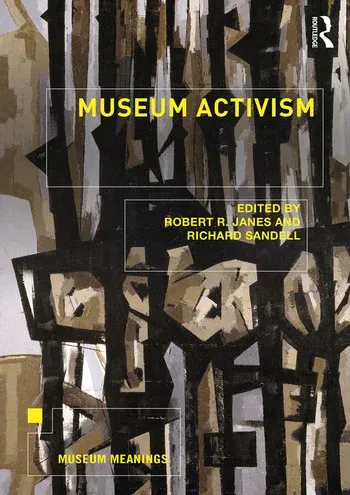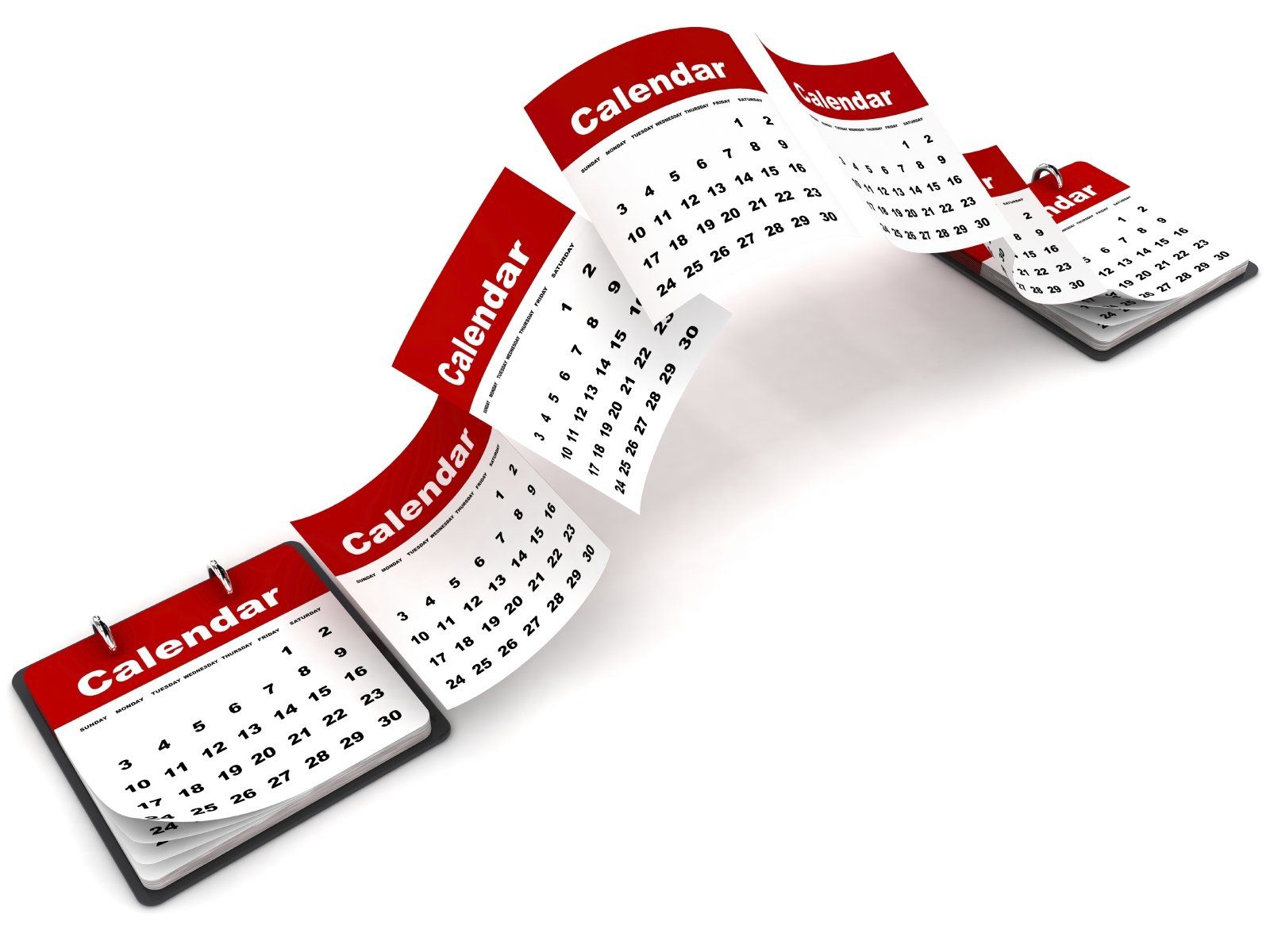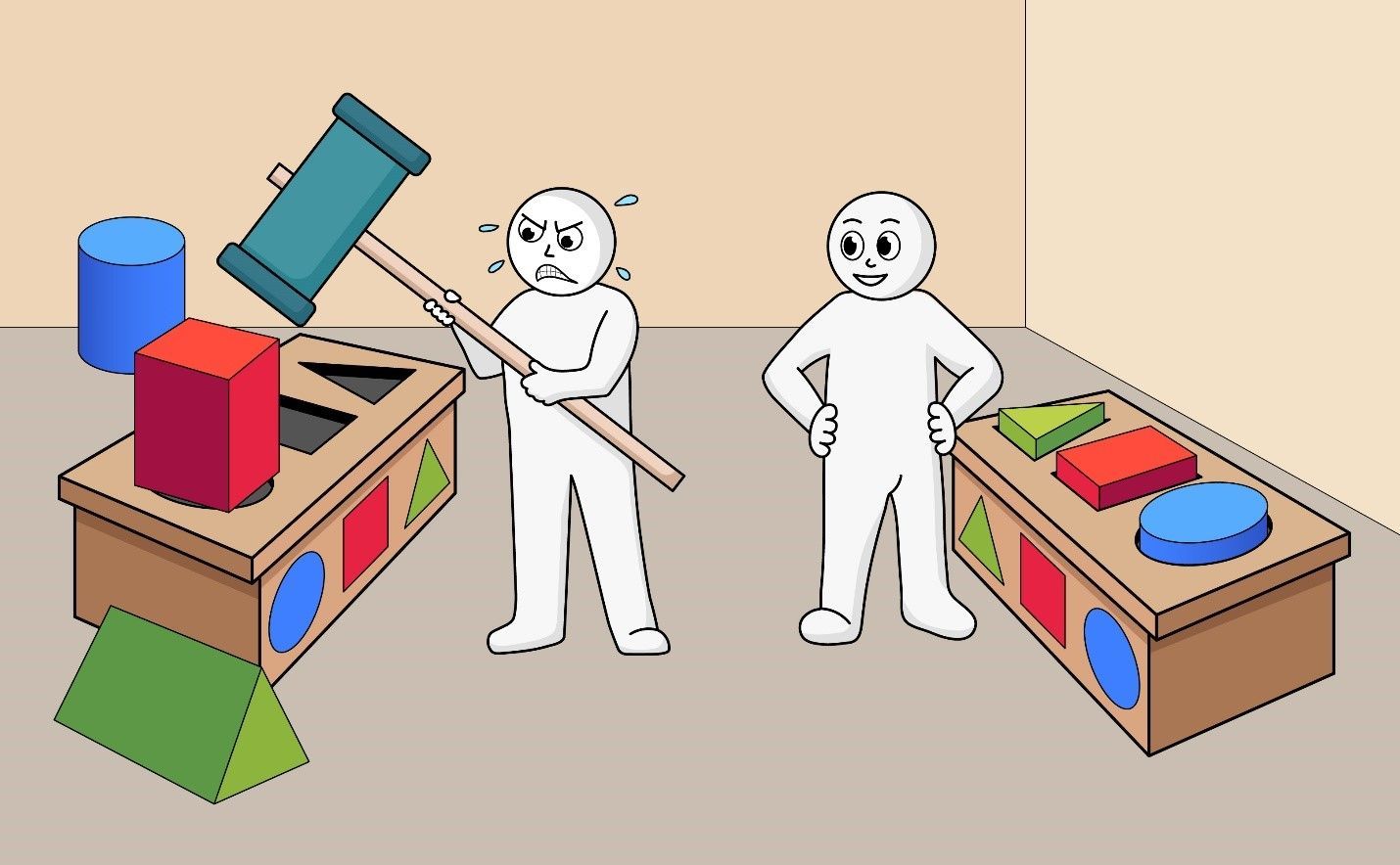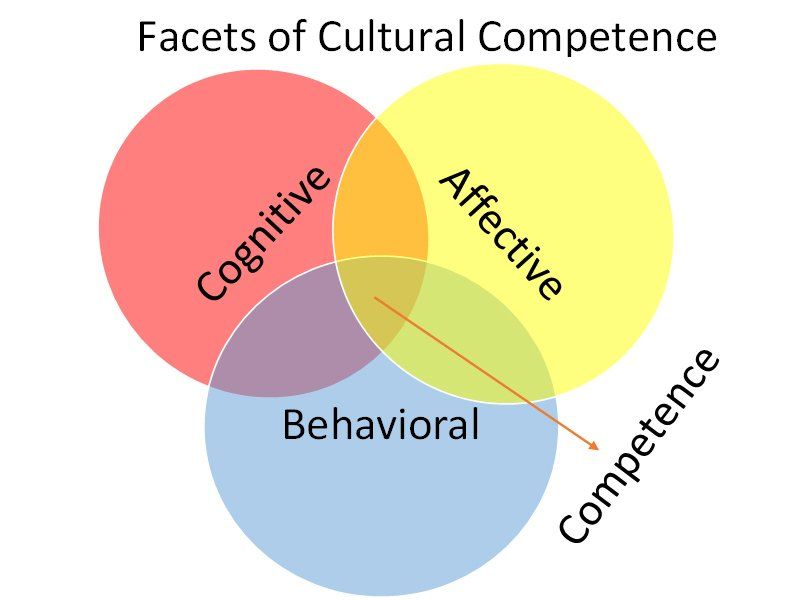Book Review: Museum Activism
Robert R. Janes & Richard Sandell, Eds., Museum Meanings Series from Routledge. 2019

Museum Activism is a genuine treasure trove of courageous thinkers and inspiring activist museums fostering change in communities worldwide. The research and examples will reinforce your commitment and build your bank of resources if you’re already an activist; and provide the reinforcements you may need to activate your museum’s board and leadership. And, if you struggle to find your time, place, opportunity or purpose in museum activism, you’ll surely find a path here.
The essays cover a wide variety of causes that we could label as climate, justice, and social equity, but they are also aptly described as empathy – through lessons of the past, and with struggling individuals and whole peoples; hope – for better futures, fairer worlds, and healthier spaces and places; and caring about our communities — that they are led with truth and justice, and that the organizations who could and should serve them actually do and in ways that matter.
Why You Should Read This Book
‘Activism’ is not a synonym for ‘Protest.’ It could be/should be a synonym for ‘Relevant’ and ‘Essential.’
The examples include a range of levels of and formats for activist engagement. This means there is space for any one and every one of you and your institutions to participate.
This means there is no excuse for not engaging.
Any one of these is a good place to start:
- “Embrace” the “non-linearity” of activist activities because they address complex issues with multiple causes and effects. They are the wicked problems, the ones most challenging to resolve and those most in need of museums’ varied resources to do so.
- Question, and then actively examine, the role of your museum in your community to the point of discomfort due to the unknown and unexpected you encounter. The exploration will or should change you and your work immeasurably.
- Examine your institutional history, its founding, its founders. Re-evaluate the appropriateness of the cause, purpose and intent of that time given today’s concerns. Identify where change is either required or enabled. Then act.
- Advocate for a program or exhibit or voice that actively addresses challenging community issues without trying to answer all the questions, be all the voices, or simply capturing interesting exit feedback.
Most importantly, shift organizational resources to engage in genuinely collaborative activities for the benefit of community members and organizations: Davis Renz, 2006: “For the most critical and substantive of our community issues and problems, the single organization is no longer an appropriate match to the scale of these issues and problems. We’ve found it increasingly essential to develop alliances and coalitions – extra organizational entities – to address the multi-faceted of these critical needs and issues.” (Noted in the essay “Posterity has Arrived,” Janes & Sandell).
Long ago, our most valuable and valued museums stopped being simply collecting institutions. Their educational roles expanded and are still developing layered, faceted adaptations. They are using their distinct abilities and positioning to create lasting change where so many other kinds of entities cannot. Thoughtful, responsible, progressive museums are emphasizing their roles as community resources. That process earns them the badge of relevance that will sustain them and their communities.
What I Found in Museum Activism
The editors divided the material into three sections: Nurturing Activism, Activism in Practice, and Assessing Activism. Every voice, every editorial step, emphasizes honesty, transparency, curiosity and courage. Each acknowledges the struggles and unknowns, while describing successes and possibilities. This is still early days of museum activism, unfortunately, but the depth and breadth you will find here demonstrates its strength and persistence.
One piece struck me most powerfully: Jennifer Bergevin’s “Narratives of Transformation, stories of impact from activist museums.” It examines “the landscape of longitudinal research on the museum and heritage sector” and the need for a transition from accepting the sufficiency of exit-interview level impacts, to understanding how to create conditions for lasting change and then documenting it. She writes that indicators of action are related to the visitor’s prior knowledge, purpose, and interest in visiting the exhibit or program; in the visitor’s opportunity to reexamine and share the experience during or immediately following the experience; and in the immediacy of availability of platforms for action after the experience.
Much of Bergevin’s material supported the value of “nudges” in moving individuals to action: that mix of conditions, learning, feelings, and opportunities which, together, stimulate sufficient motivation and opportunity for action. Her material makes the case for museums as part of the constellation of institutions within a community working for change.
For me, it follows that if the success of our exhibits, our education, our collecting, and our engagement only comes when the museum is part of a constellation of nudges that drive visitor action, then a museum’s success and value is inseparable from the health and well-being of its community.










